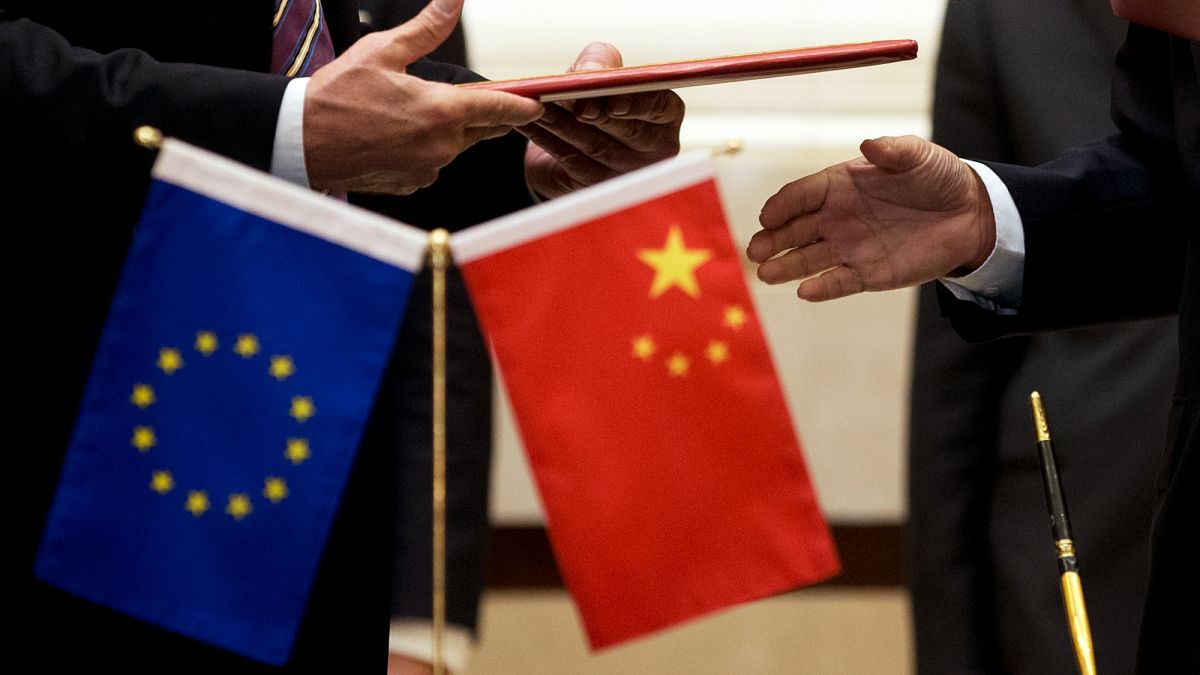

The world stage of international trade is witnessing a wave of pivotal changes, as nations strategically position themselves amid evolving economic landscapes. Recent announcements and meetings have highlighted a series of key agreements and diplomatic initiatives, each reflecting a commitment to fostering beneficial partnerships and streamlining travel and economic activities across borders.
In a significant move towards strengthening economic ties between India and the United Kingdom, Indian Prime Minister Narendra Modi’s state visit to London has culminated in the signing of a landmark free trade agreement. This historic pact, hailed as Britain’s most economically significant trade agreement since Brexit, aims to provide a boost to the UK’s car and whisky industries. In exchange, India benefits from visa concessions, marking its first major free trade pact outside of Asia. The deal underscores a long-term economic partnership between the two nations, showcasing their readiness to collaborate in an increasingly interconnected global economy.
Meanwhile, the European Union continues to explore avenues for increased cooperation, as China expresses optimism on the eve of the EU-China summit. The Chinese envoy underscored the potential for enhanced business cooperation, particularly in investments, research, and intellectual property. While expectations for the summit may be moderated, the discussions are seen as fostering a hopeful dialogue that could pave the way for future collaborative ventures between Europe and China.
Across the globe, the Gulf region prepares to introduce a new Schengen-style visa that promises to simplify travel across multiple countries in the area. This initiative is aimed at streamlining travel processes and encouraging exploration and tourism, thereby enhancing regional connectivity and economic opportunities. The introduction of such a visa is anticipated to strengthen relationships among Gulf countries, fostering a more integrated approach to regional development.
Simultaneously, the European Union and Japan are engaged in a nuanced diplomatic balancing act with the United States. Both entities are reaffirming their commitment to a rules-based order, amid ongoing trade disputes with the US. While differing in their negotiation strategies with the Trump administration, the EU and Japan share a common goal of maintaining stability and fairness in international trade.
In the United States, President Trump has announced a new trade deal with Japan, lowering the previously threatened tariff to 15%. This agreement comes against a backdrop of a significant trade imbalance between the two nations, with the US running a $69.4 billion trade deficit on goods with Japan last year. The deal aims to address these imbalances while fostering a cooperative economic relationship.
These developments, occurring simultaneously across the globe, highlight a dynamic period in international relations. They reflect nations’ efforts to navigate the complexities of global trade, respond to economic challenges, and forge partnerships that drive mutual benefit. In these conversations and agreements, the commitment to constructive engagement and innovative solutions is evident, promising hopeful pathways for future economic growth and collaboration.
Source: {link}
